If there are two literary genres that have made a huge comeback over the last two decades, it’s science-fiction and fantasy fiction. Truth be told, there are a lot of overlaps between the two genres, and you’re likely to find that people (like me) who read one are also fans of the other. You’d also find both genres being equally represented at events like Comic-Con, whether it’s at San Diego or New Delhi.
Why Sci-Fi and Fantasy are popular again
So, why are these genres so popular now? It’s the cumulative effect of having some of the greatest works of science- and fantasy-fiction being translated from books to the big screen. You can easily trace the popularity of both genres taking an upturn after JRR Tolkien’s The Lord of the Rings Trilogy was made into those epic movies by New Zealand director, Peter Jackson. The Harry Potter movies, adapted from the globally popular books by JK Rowling, arrived around the same time.
And then arrived the massive adaptation of George RR Martin’s The Song of Ice and Fire series into Game of Thrones (GoT) by HBO. Despite huge dissatisfaction among fans over the dismal Season 8 of GoT, the genres kept gaining momentum on screen, leading to the adaptations of many other works. Notable among these are American Gods (Neil Gaiman), Good Omens (Gaiman and Terry Pratchett), Lucifer (graphic novels by Gaiman), Dune (Frank Herbert) and Foundation (Isaac Asimov).
Given this new interest in these genres, we take a closer look at some of the pathbreaking women who have had an immense impact on them. Some of their works have been adapted for the screen, some haven’t. But irrespective of this fact, the works by these women are brilliant enough to be picked up and read, again and again, by readers everywhere. Take a look!
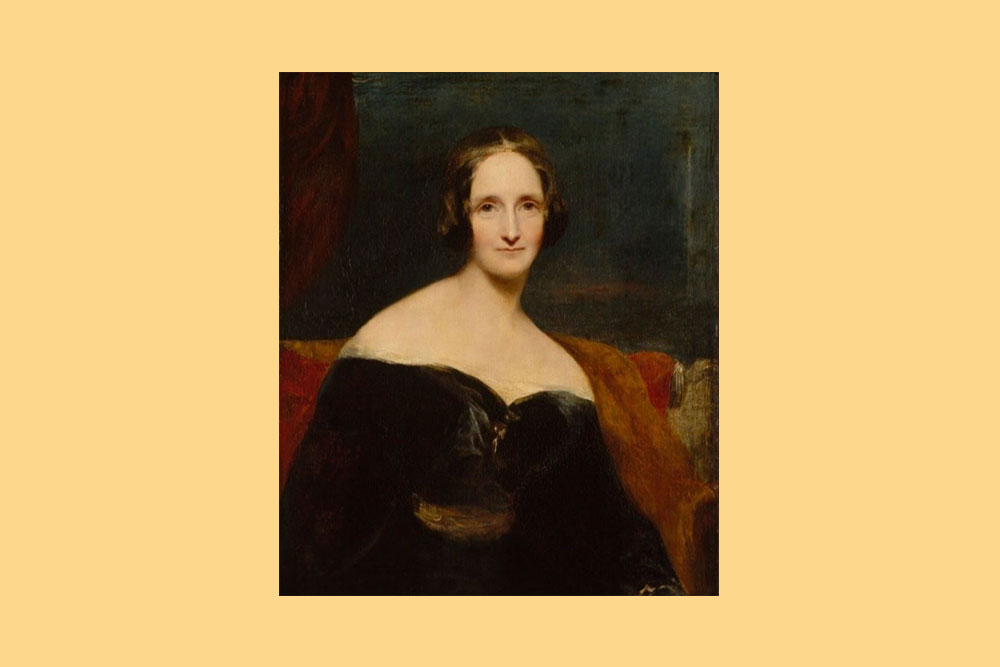
Mary Shelley
From theatre to movies and TV series, there is no medium that hasn’t explored the brilliance of Frankenstein. The author of this work, Mary Wollstonecraft Shelley, is celebrated as one of the earliest pioneers of sci-fi. But did you know that she intended her story to be a short one, meant to be a bedtime horror story for kids? It was thanks to the encouragement of her husband, the poet PB Shelley, that Frankenstein was expanded and published in 1818 as The Modern Prometheus. Reading the novel even today can send a chill down your spine! Shelley wrote many other works of early sci-fi, including The Last Man (1826).
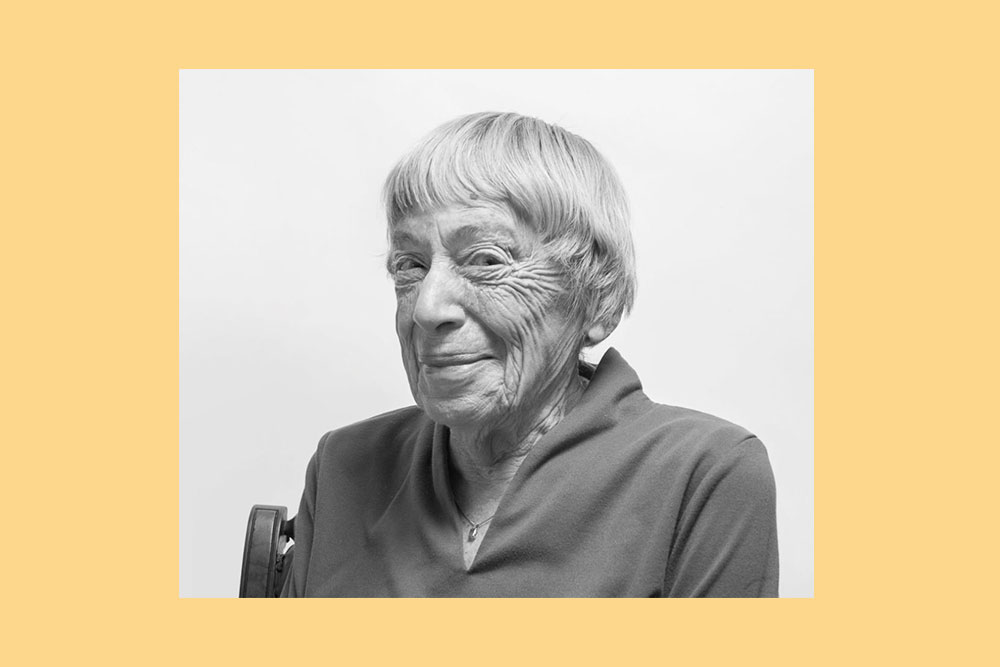
Ursula LeGuin
So you love the idea of Hogwarts, a school for witches and wizards? Well, you should know that the idea of such a school was first introduced by Ursula K Le Guin in her 1968 novel, A Wizard of Earthsea. But that’s not the only unique and brilliant idea Le Guinn introduced into the sci-fi and fantasy fiction genres. In fact, prominent authors like Salman Rushdie and Gaiman credit her works as key inspiration for their own. Le Guin, who started writing at the age of 11, and didn’t stop until just a few years before her death in her 80s, was one of the most influential authors of these genres. She has also won prestigious awards like the Hugo, Nebula, and Locus awards. Any book by her you pick up is worth it!
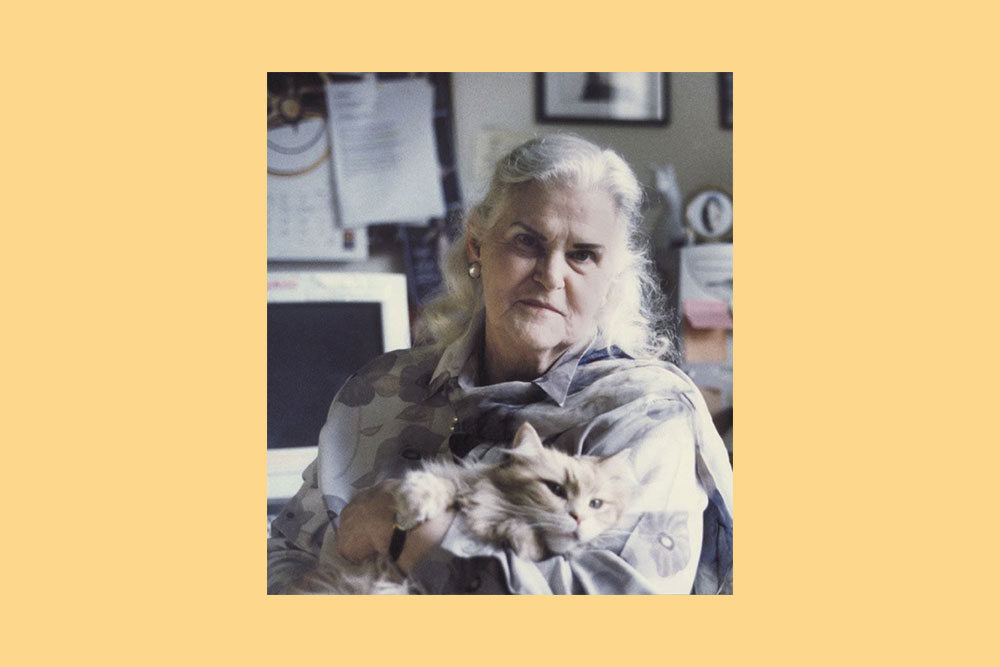
Anne McCaffrey
Anne Inez McCaffrey first started writing sci-fi short stories, like Freedom of the Race and The Lady in the Tower, in the 1950s as a form of protest against the unrealistic portrayal of women in the genres (yeah, we’re looking at you, Princess Leia in a bikini, but we still love Carrie Fisher). All of McCaffrey’s works, therefore, have some of the strongest female characters, ever. Apart from getting her commercial success, her works also won her many prestigious awards. In fact, McCaffrey was the first woman to win a Hugo, the first woman to win a Nebula, and one of the first authors to be featured in the New York Times Best Seller List!
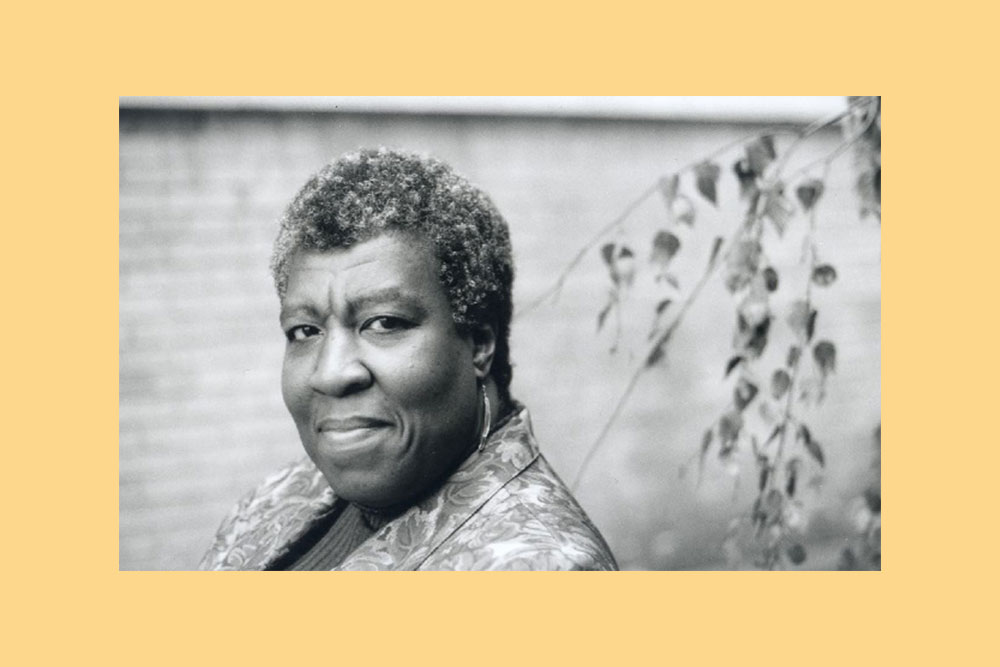
Octavia Butler
Known by many as the Godmother of Afro-futurism and the Grand Dame of Sci-Fi, Octavia E Butler was one of the first Black women to publish and get recognition in these genres. Apart from winning multiple Hugo and Nebula awards, Butler was the first sci-fi author, ever, to win the MacArthur Fellowship. Race, power and gender are at the core of her many bestselling works, like Kindred and the Xenogenesis Trilogy. If you haven’t picked up any of her works until now, do so immediately!
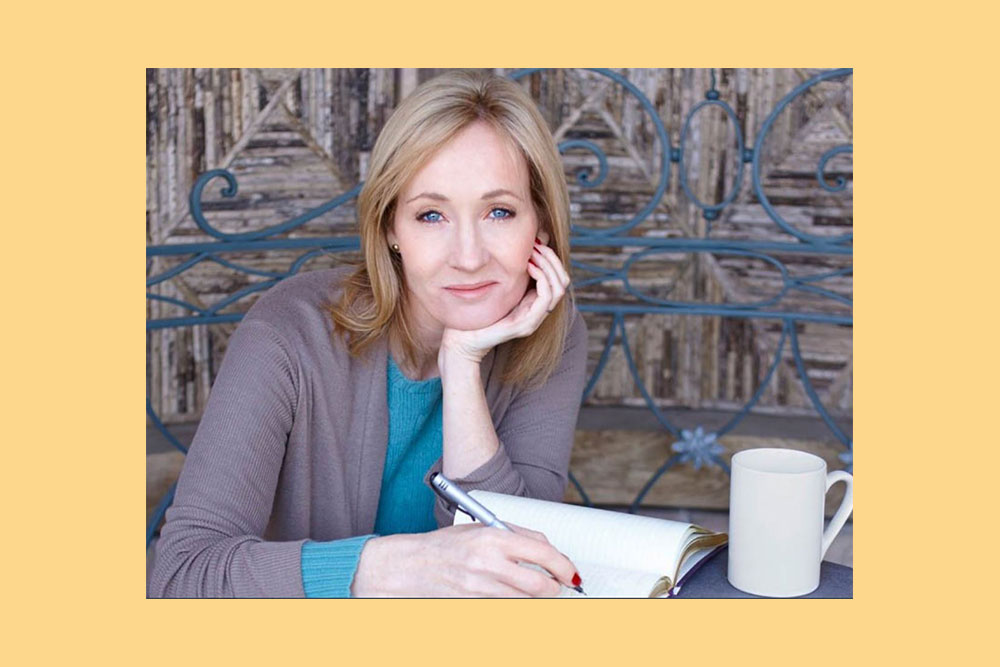
JK Rowling
Joanne Kathleen Rowling needs no introduction, thanks to the popularity of her Harry Potter books. Adapted into a movie series in the 2000s, even before all the books in the series were published, the Harry Potter books have die-hard fans across all ages, across the globe. Rowling’s impact has been immense in popularising the fantasy genre, especially among a new generation of children who weren’t likely to pick up the books of her prominent predecessors. However, many who follow the genres of sci-fi and fantasy fiction believe Rowling’s world to be less nuanced than those created by other authors, making her a popular author of the genre, but not the most critically acclaimed.
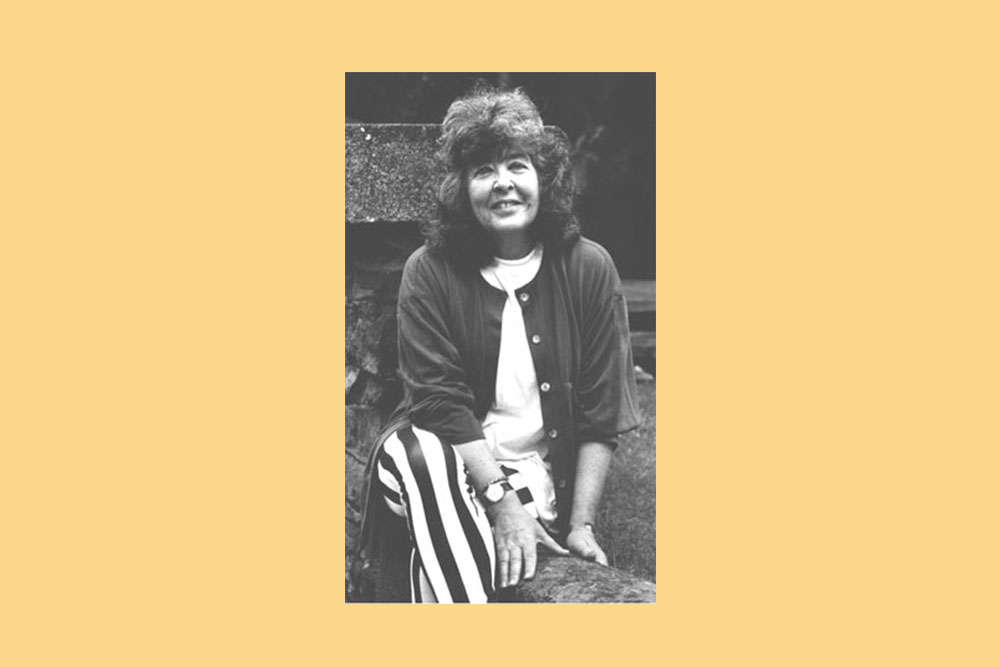
Diana Wynne Jones
A diametrical opposite of Rowling’s, Diana Wynne Jones was a prolific author of the fantasy genre who was critically acclaimed and held in high regard by other authors of the genre, like Gaiman. In fact, one of her rare forays into sci-fi, Hexwood, was dedicated to Gaiman as a token of the bond they shared. She was not, however, as globally popular as Rowling—despite the fact that her work, Howl’s Moving Castle, was adapted into a very popular animated film by Japanese director, Hayao Miyazaki. But when you look at the worlds of fantasy Wynne Jones has created—especially the imagination of the multiverse and our counterparts in them—you will understand her true impact on the genre. Pick up any of her works if you don’t believe us!